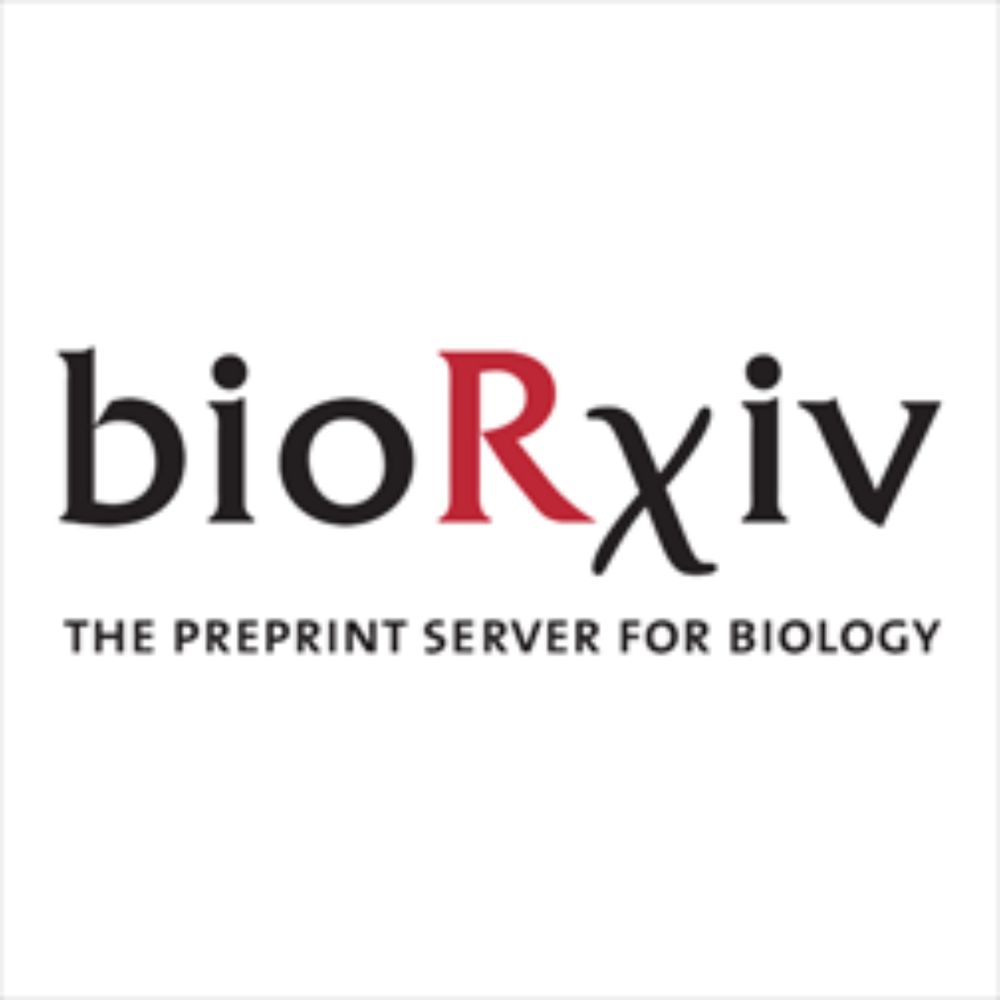Schumacher Lab
@schumacher-lab.bsky.social
140 followers
150 following
15 posts
We use a technology-based approach to understand how our T cells recognize cancer. @nkinl.bsky.social | Tweets from lab members
Posts
Media
Videos
Starter Packs
Reposted by Schumacher Lab
Reposted by Schumacher Lab
















